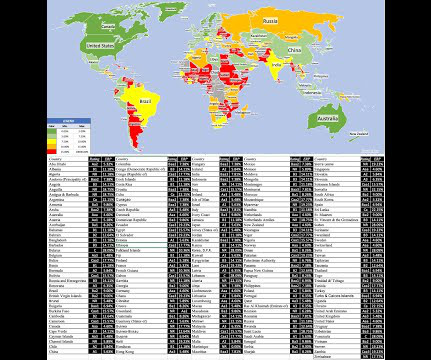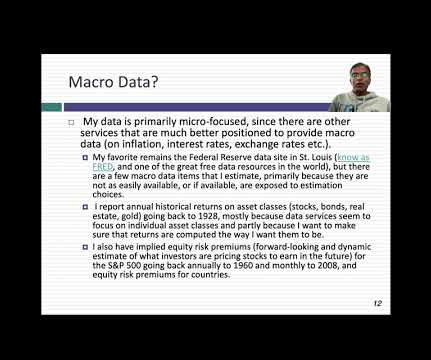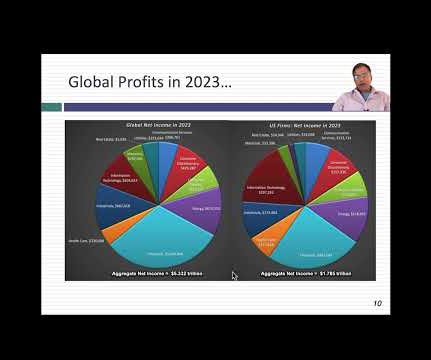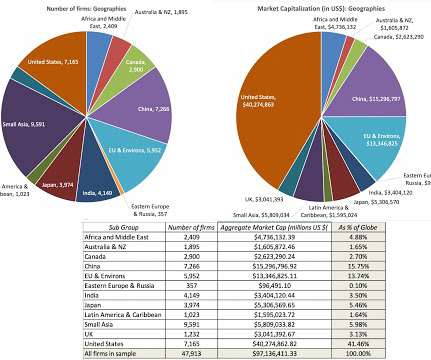Data Update 4 for 2024: Danger and Opportunity - Bringing Risk into the Equation!
Musings on Markets
JANUARY 28, 2024
In short, if you don't like betas and have disdain for modern portfolio theory, your choice should not be to abandon risk measurement all together, but to come up with an alternative risk measure that is more in sync with your view of the world.












Let's personalize your content